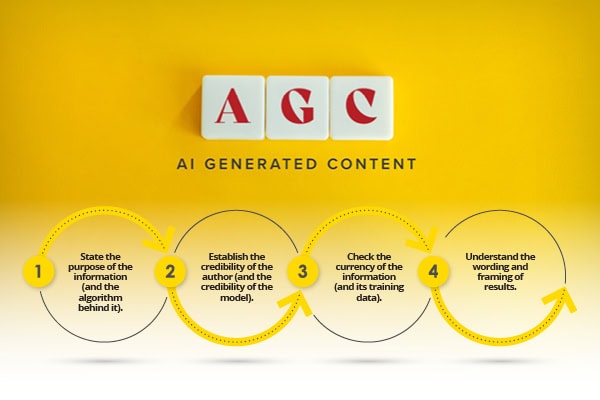Early access to challenging school work and taking multiple advanced classes better positions students to earn a living wage after high school, according to a groundbreaking study reported in K-12 Dive.
The study, by Good Reason Houston, in partnership with the University of Houston Education Research Center (ERC), is the first comprehensive effort to examine what helps students succeed and how opportunities can be created for all students, regardless of background. The study focused on key metrics such as college enrollment, credential attainment, employment and earnings, with the goal of identifying which elements of students’ academic journeys best predict their readiness for the workforce and their ability to earn a living wage.
The findings have national implications. As the most diverse large city in the U.S., Houston reflects demographic shifts that are expected to characterize the nation by 2040. This research could guide education leaders across the country as they adapt to a rapidly changing workforce landscape.
Key Findings
The first phase of the study analyzed data from Houston’s public school graduates:
- Only 20% of Houston graduates earn a living wage: 1 in 5 high school graduates from the class of 2017 earned a living wage six years after high school graduation.
- Attaining a credential plays an important role in earning a living wage: High school graduates who earned a bachelor’s degree were 3.8x more likely to earn a living wage and those who earned a professional certificate were 3x more likely to earn a living wage, compared to those without a credential.
- Three key academic experiences in grades 8-12 help predict if a student is likely to earn a living wage:
- Taking at least five advanced courses in high school
- Taking Algebra 1 in 8th grade
- Meeting 8th-grade reading standards on STAAR
The study’s second phase used statistical models to explore how specific experiences in grades 8-12 influence long-term outcomes. The findings reinforce rigorous academic preparation:
- Advanced Coursework: High school graduates who completed five or more advanced courses in high school were 22 percentage points more likely to earn a credential.
- Combined Impact: Students who excelled in both 8th-grade reading and advanced coursework were the most likely to achieve economic stability.
- Credential’s Role in Economic Success: High school graduates with postsecondary credentials were 17 percentage points more likely to earn a living wage than their peers without credentials.
Implications
By 2036, an estimated 70% of jobs in Texas will require some form of postsecondary credential. This statistic underscores a pressing need: ensuring students are equipped for the workforce of tomorrow.
Investing in proven strategies and fostering collaboration between pre-K-12, higher education and the business community is key. Houston is setting a precedent for how cities nationwide can rise to the challenge of preparing the workforce of the future.
K-12 Dive





